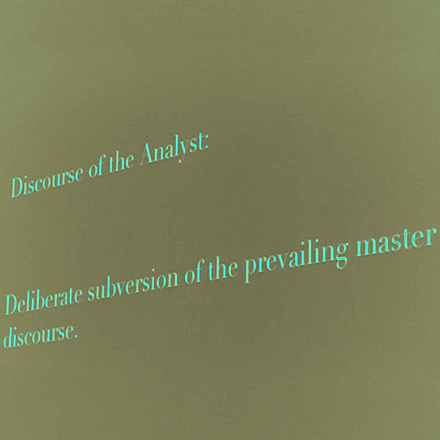"Two
flutes, two clarinets, two horns, two trumpets, timpani, and strings”
An overture or abstract is a first advance, a gesture or movement
towards another. The composer or writer seeks to engage that other,
to prevent him or her from leaving precipitously. In music, it marks
a beginning before the beginning, giving an indication of what is
yet to come and establishing it as such. In the introduction of
certain musical themes, the listener will come to recognise them
as they re-occur, this time in full, played out. One knows the tune
already, and in opera at least, the words are later supplied, giving
a narrative to move the action along towards the finale, where themes
may be taken up again.
I must find the means to give my reader enough to identify with
what is yet to come, and at the same time I must make my reader
attend to me. In short, I must find a way to interest my reader – even,
if I may make so bold, to seduce my reader (without him or her being
aware of it of course, for that would be most improper) into becoming
my audience. I must be tuneful without descending into the banal.
I must show something of what I have to offer, but not all. I must
flirt but nicely, following particular conventions, those that have
been already scripted and whose regulation I must obey. I must describe
what I am doing and why, and moreover, why exactly it goes beyond
anything that has been done before in the same field. I must brag
(or so it seems to me, by nature inclined both to modesty and self-doubt),
and I must be sure to provide a solid foundation for my boastful
claims, or I will fail in my enterprise.
I must add to knowledge of the field, extending, elaborating, and
serving faithfully the system of knowledge. I must lay out my wares,
my ideas (which must be more than mine, founded elsewhere within
the system I serve, and moreover, properly footnoted), and I must
be convincing. I should give my reader some pleasure along the way,
but this may be as much for my own ends as for his enjoyment. Having
completed, as it must be supposed, all that I set out to do, I must
then, après coup, declare my aim and its achievement.
I will take the discourse of the University and the discourse of
the Master, and like any good hysteric, like Despina, in Così fan
tutte who assumes the disguise of first, a doctor, and secondly,
a notary, shift the turn of Lacan’s algorithm to arrive at
the discourse of the Analyst, which may also be the discourse of
the work of art. But for the moment, I am serving my master. The
hysteric, after all, pretends she is not where she is, so she can
see herself elsewhere; that is to say, to see her desire represented
where it is not. I would like a happy encounter, even if we have
not got there yet. At least this story does not end in tragedy,
retaliation, and death.
|

